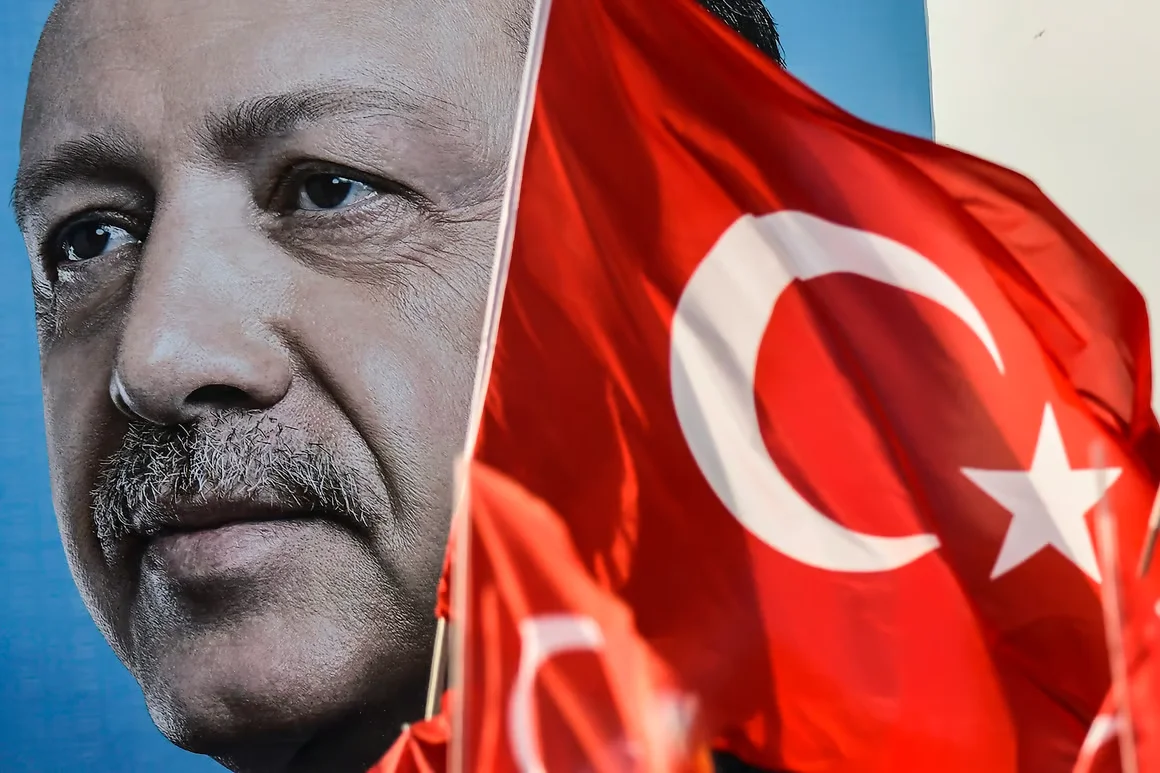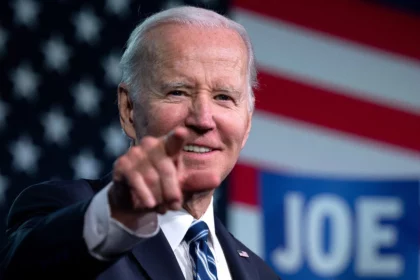On Sunday, Turkish citizens will cast their votes in a historic presidential run-off, signaling a pivotal moment in the country’s political landscape. The election will determine whether Recep Tayyip Erdogan will continue his 20-year reign as the nation’s leader or if challenger Kemal Kilicdaroglu, backed by a broad opposition alliance, will usher in a new era for Turkey. With the outcome of this election, the Turkish people face a crucial decision about the future direction of their nation.
Kemal Kilicdaroglu has positioned the vote as a referendum on Turkey’s future course. This election holds profound implications for the country’s trajectory, as Erdogan’s tenure has been marked by increasing consolidation of power and polarization. His promise of a “Turkish century” aims to unite the nation around a vision of strength and prosperity. However, the more immediate concerns of Turks revolve around the crippling effects of rampant inflation and a growing cost-of-living crisis.
Polling stations will open at 08:00 and close at 17:00, offering Turkish citizens the opportunity to make their voices heard. In the first round, an impressive 88.8% turnout was recorded, with Erdogan leading by 2.5 million votes. Both candidates are now courting the eight million eligible voters who abstained from the initial round, recognizing their potential to sway the outcome.
Leading up to the run-off, Kilicdaroglu accused his rival of unfair tactics, alleging that Erdogan’s text messages reached voters while his own were blocked. Opposition parties have mobilized an army of volunteers to ensure a fair electoral process and prevent any vote-rigging attempts. International observers have previously highlighted an uneven playing field, but there were no indications of irregularities that would have affected the first round’s result.
While political rhetoric has dominated the campaign, the pressing issue for many Turks remains the country’s economic challenges. Inflation has soared to almost 44%, eroding the purchasing power of citizens. The Erdogan government’s strategy of cutting interest rates, rather than raising them, has exacerbated the situation. The Turkish lira has plunged to record lows, prompting increased demand for foreign currency and exposing vulnerabilities in the central bank’s reserves.
Across Turkey, citizens are grappling with the economic fallout. Individuals like Fatma, a hairdresser whose monthly salary can no longer cover escalating rent costs, and Binnaz, a seamstress who has seen her monthly rent triple, represent the dire situations faced by many. The economic crisis has impacted the lives of ordinary people, amplifying their concerns about their financial stability and prospects.
President Erdogan, despite the economic challenges, remains popular among his base of religious conservatives and nationalists. His opponent, Kilicdaroglu, draws support primarily from secular and often nationalist segments of society. The campaign has witnessed heated exchanges between the candidates, with Erdogan accusing his rival of aligning with “terrorists” and Kilicdaroglu highlighting Erdogan’s consolidation of power and alleged unfair advantages.
As the nation heads to the polls, Turkey stands at a crossroads. Erdogan’s rule has shaped the country for two decades, wielding extensive powers and implementing controversial policies. The presidential race has become a litmus test for the Turkish people’s aspirations, with implications for the country’s political, social, and economic landscape. Whoever emerges victorious will face the formidable task of tackling the economic crisis and addressing the deep divisions within Turkish society.
Turkey’s momentous presidential run-off election holds profound significance for the nation’s future. While the candidates’ rhetoric has revolved around promises of unity and economic revival, the Turkish people face the urgent need for concrete solutions to the economic crisis and cost-of-living challenges. With the country deeply polarized, Sunday’s vote will not only decide the presidency but will also shape Turkey’s trajectory and its role on the global stage in the coming years.




